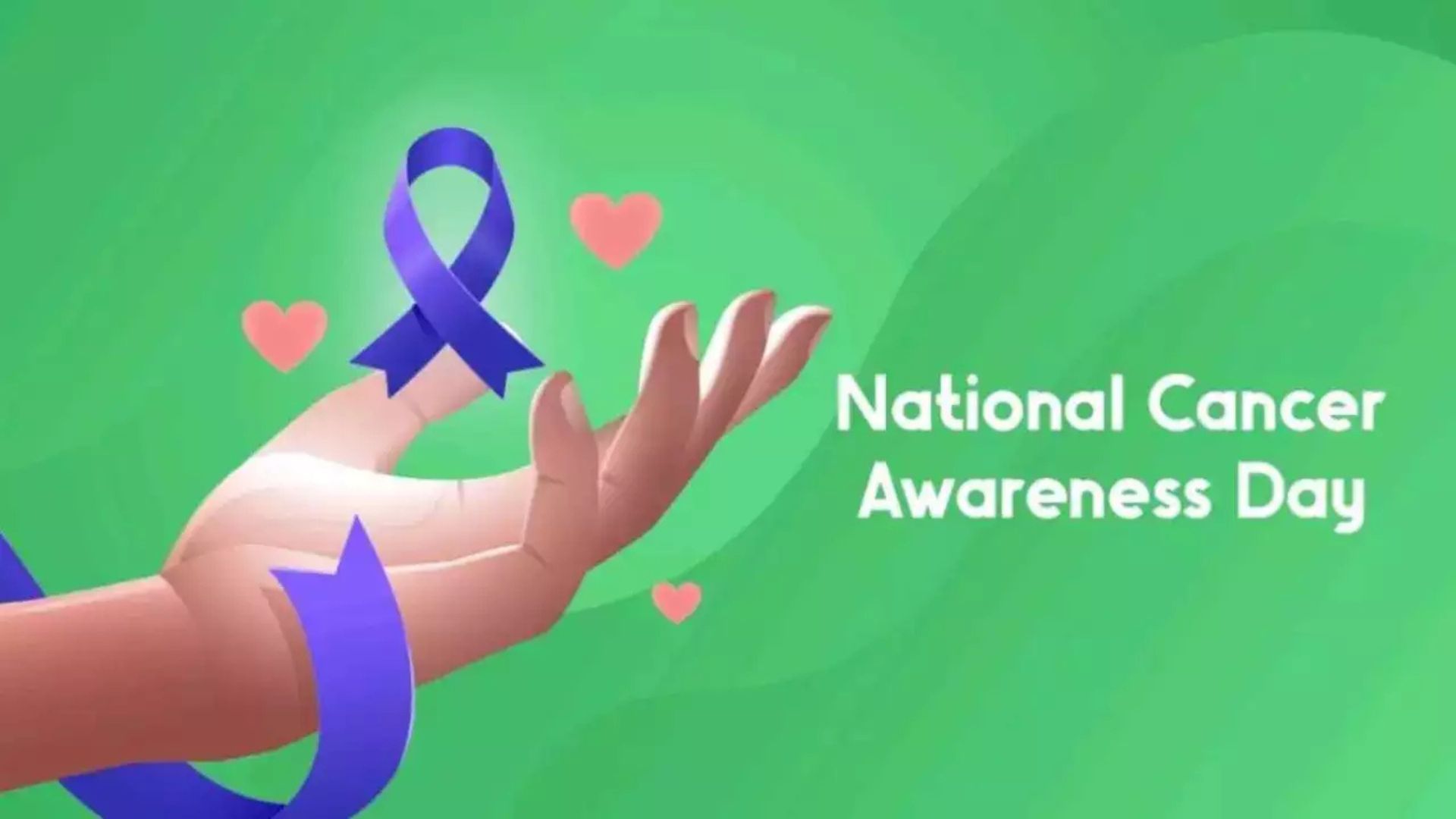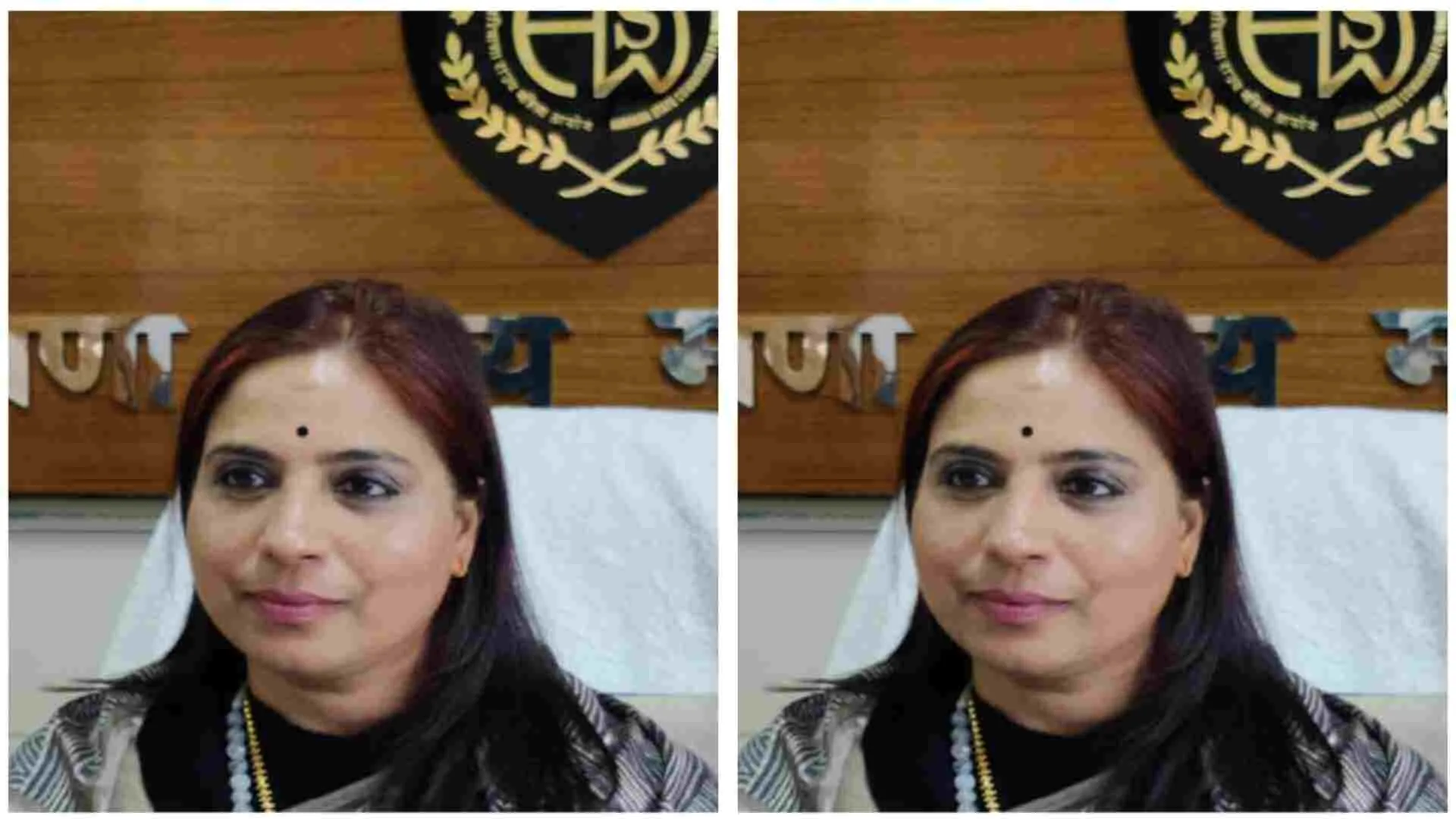Observed annually on November 7, National Cancer Awareness Day serves as a crucial reminder to highlight the growing burden of cancer in India. This day is dedicated to educating the public about the importance of early detection, prevention, and improving access to effective treatments. As cancer cases in India continue to rise at an alarming rate, the need for increased awareness and proactive health interventions has never been more urgent. Cancer is now the second-leading cause of death in India, with approximately 1.4 million new cases diagnosed each year. The disease claimed over 850,000 lives in 2023, and in the next decade, it is expected to overtake heart disease as the number one killer. Despite significant medical advances, late-stage diagnosis remains a primary factor contributing to high mortality rates, with nearly 50 to 70% of cancers diagnosed at advanced stages (III or IV).
Dr Hemant Malhotra (Oncologist) stated that tobacco and alcohol consumption contributes as two major components that cause cancer. He further stated that impact of air pollution and contaminated food and the food substances that have added chemicals might also be a few causes of cancer. He informed that the most common types of cancer in India include breast cancer, lung cancer, cervical cancer, oral cancer, and stomach/oesophageal cancers. These five cancers account for more than half of the country’s cancer burden. Breast cancer is the leading cancer among women, while oral cancers — largely attributed to widespread tobacco chewing — have made India the global capital of head and neck cancers. Similarly, lung cancer and cervical cancer continue to pose significant challenges, especially with insufficient preventive measures and screening.
Government initiatives and efforts to combat cancer
In response to the rising cancer burden, the Indian government has launched several initiatives to combat cancer through early detection, prevention, and treatment. Key programs include National Program for Prevention and Control of Cancer, Diabetes, Cardiovascular Diseases, and Stroke (NPCDCS). This program focuses on raising awareness, providing screening services, and promoting early diagnosis and treatment.
Through initiatives like Ayushman Bharat, the Indian government is working to enhance healthcare access across the country by establishing health and wellness centres that offer essential cancer screening services, particularly for breast, cervical, and oral cancers. These services aim to encourage early detection, which can significantly improve treatment outcomes. Additionally, India has introduced HPV vaccination programs to prevent cervical cancer, and the vaccine is gradually being incorporated into the national vaccination schedule, with a special focus on schoolchildren in rural areas, where access to healthcare services is often limited. Another vital component in India’s efforts to combat cancer is National Cancer Awareness Day, which plays a crucial role in raising public awareness about cancer prevention, early detection, and treatment options. This observance not only educates people about the importance of screenings and healthy lifestyle choices but also fosters greater community engagement in the fight against cancer.
The role of early detection and prevention
Early detection of cancers like breast, cervical, and oral cancers has the potential to reduce mortality rates significantly. Screening programs and public awareness campaigns are key tools in encouraging people to seek timely medical help. On National Cancer Awareness Day, free cancer screenings are offered at health centres across the country, and educational programs are held to inform people about the warning signs of cancer and the importance of healthy lifestyle choices.
On National Cancer Awareness Day, experts highlighted the importance of lifestyle changes in preventing cancer, stressing that the disease is not only about early diagnosis and treatment but also about reducing risk factors through healthier habits. Many cancers today are classified as lifestyle diseases, linked to habits such as smoking, unhealthy diets, alcohol consumption, and physical inactivity. Adopting a cancer-preventive lifestyle, especially in young adulthood, could prevent up to 50% of cancers. Key preventive measures include tobacco control, as 28% of Indian adults use tobacco, contributing to high rates of oral cancers. Experts also recommend a healthy diet rich in fibre and antioxidants, combined with regular exercise, to reduce cancer risk. Additionally, vaccines like the HPV vaccine for cervical cancer and the Hepatitis B vaccine for liver cancer are crucial in preventing certain types of cancer. While India faces a rising cancer burden, sustained efforts in early detection, prevention, and awareness are critical in addressing the crisis.























